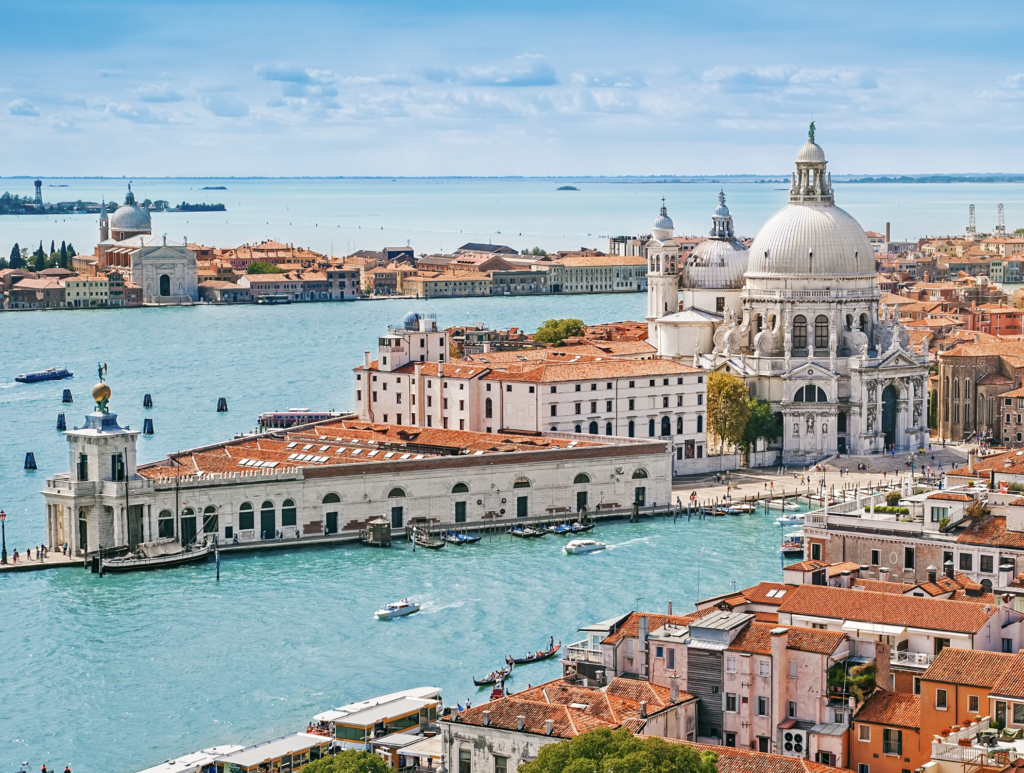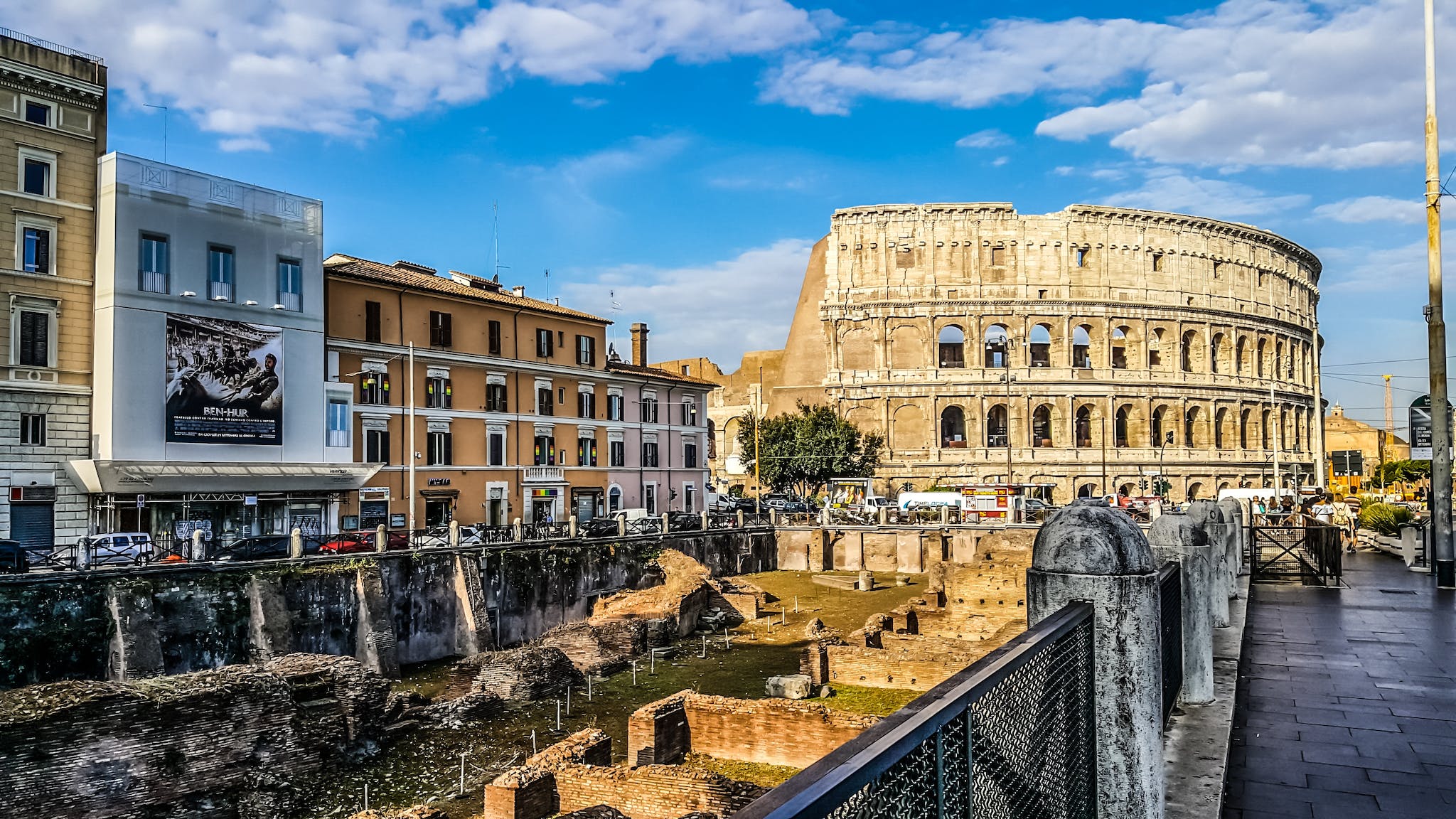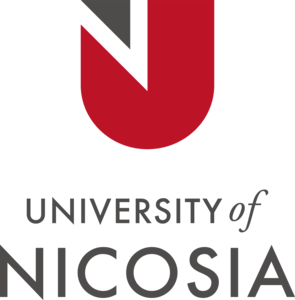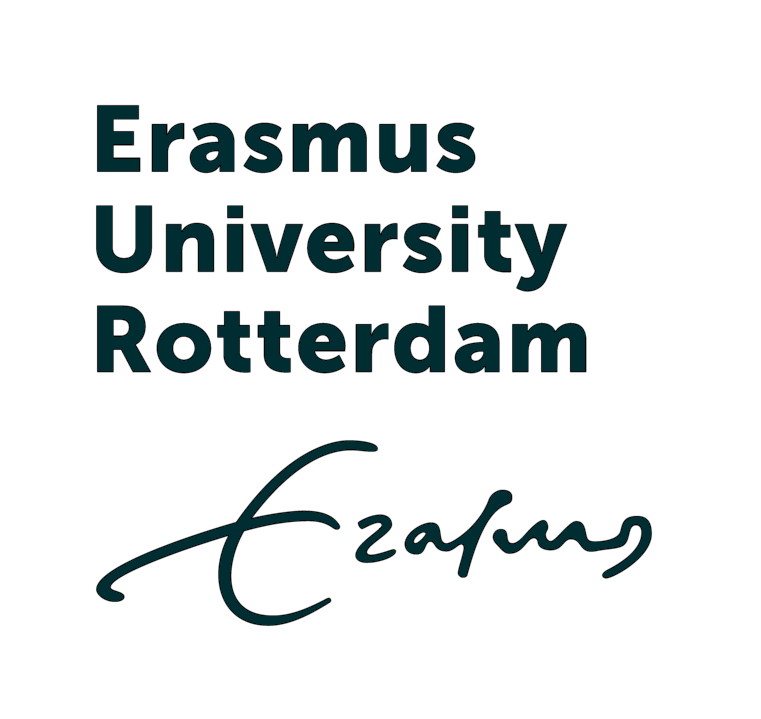Studying in Italy as an International Student
Ah, Italy! If you want to experience “la dolce vita” look no further. Over the last several years, Italy has increased in popularity for American students looking to pursue their higher education in this beautiful country. There are many Italian universities available for students across many areas of study, with tuition fees to suit everyone.
Several years ago I had the opportunity to spend 8 months in Italy for a language immersion program and it was truly one of the best periods of my life! Italian people are some of the kindest, most genuine people I have ever had the fortune to meet.

Why Italy?
I could go on for days about the beauty of rich Italian culture that is romanticized across the globe. Italy is known for its love of art, remarkable architecture and of course, its delicious food and wine. Italian people are extremely welcoming and they value spending time with family and friends. They are known for enjoying and appreciating the finer things in life.
Italy is also known for its diverse landscapes. In the North you can access beautiful lakes, UNESCO heritage sites, world class ski resorts and local wineries. In the Southern region, experience breathtaking beaches and mediterranean landscapes. Enjoy visiting breathtaking ancient historical sites – and don’t forget to visit the iconic Mount Vesuvius
If you love eating fresh and delicious food, Italy is the place for you. Known for its simple and locally sourced ingredients, there is something for everyone to eat here.

Student life in Italy
Student life in Italy is very vibrant. With people coming from all over the world to study here you will be able to meet people from all different walks of life. The climate can be quite mild if you are not in the North so students can enjoy gathering outdoors in local parks year round!
Many universities organize optional field trips for their students. These adventure trips showcase the rich history, art, architecture, and beautiful sites of Italy. Traveling and food are major components of typical student life in Italy. Oftentimes these trips take place at a UNESCO world heritage site, of which there are many in Italy.
Another benefit of studying abroad in Italy is the opportunity to do a semester abroad in another European country. The semester abroad can either be taking courses at another partner university in Italy or by doing an internship related to your studies for course credit.
International students are permitted to work in Italy while studying abroad, and students can undertake a part time 20-hour work week while in school. This rule ensures that work doesn’t interfere with academic commitments. While getting a part time job can be beneficial to many who need to earn some extra money while abroad, it’s important not to let your job get in the way of your studies.
If you are interested in brushing up on your Italian language skills while you are studying abroad this is is also possible through many language exchange programs and low-cost lessons usually available directly through your school or through local language schools and community centers. While you do not need to speak the Italian language to get by, especially in the bigger cities, it it always nice to be able to converse with other Italian students.
FREE INSIDER’S GUIDE

Top 5 English-Taught Colleges in Europe
Kickstart you education abroad with a powerful degree taught entirely in English, all without taking on any student loans!
Selecting your College in Italy
BTS has been helping international students who are interested in pursuing their degrees in Italy for many years. Italy boasts high quality education at it’s higher education institutions. We currently have over 140 Bachelors and 450 Masters programs listed in our database in this amazing country. Each of these programs are 100% English-taught and fully accredited.
Tuition fees can be very attractive at Italian institutions, especially when contrasted against high tuition fees in the US. There are many English language programs to be found at most Italian universities. Many international students have been opting to obtain their degrees here both at private and public universities.
Italy currently has 92 universities, which are divided into several categories:
- State universities: These are state funded public institutions and make up the majority in Italy.
- Other publicly funded universities: Funded by the Province rather than the state.
- Private universities
- Superior Graduate Schools (Scuola Superiore Universitaria): These are independent institutions that offer advanced training and research courses specializing in postgraduate studies.
Higher education programs at Italian universities are known for their rigor. Italy has excellent degree programs in the arts, fashion, humanities, computer engineering, sciences and more. When selecting your college there are several factors you need to consider.
- Location. Do you prefer larger, more active cities, or small and cozy ones?
- Budget – both tuition fees and cost of living.
- Do you meet all the admissions requirements in your program of choice?
- Is the program you want to attend well known in the subject you want to study?
- Duration of program – some bachelor’s programs in Europe are only 3 years, while masters are often 1 year in duration
- Degree recognition – if you are planning on studying something more technical like Law or Medical Studies – do you hope to return to the US and practice there?

I wanted to highlight Bocconi University, as this is a very popular one for prospective students from the US. Bocconi is truly one of Europe’s top and highest ranked private business schools, and from my view they offer some of the most unique, multidisciplinary programs within that context. Expect rigor and substance at Bocconi.
Students in all programs must learn two languages during their studies, and need to achieve B2 in one and B1 in another by the time they graduate. Bocconi offers a summer school program to help with incoming international students transitioning, if this is something that would interest you. There are strong international student supports in place, and Bocconi, unsurprisingly, has impressive employability stats for their graduates.
As well, you should know that Bocconi has “triple crown” accreditation. This is the highest level of accreditation, and is a mark of excellence in business education internationally.
If you are unsure what program or school you want to attend, feel free to contact one of our college advisors to help you curate your Best Fit List!
University application deadlines in Italy
In Italy university application deadlines vary based upon universities and programs. However, the general timeline is generally followed for European and Non-EU students:
Something that’s great about European degree programs is that they often have rolling admissions. This means that applications are accepted throughout the year and are processed as they come in. This is not always the case, but in general the deadlines are a bit less strict than you would find in the US.
It’s important to do your research on application procedures, requirements and deadlines so that you can have everything in order in advance.
The application process at Italian schools can be a a bit of a challenge, as the higher education system requires many documents, including academic transcripts that need to be validated in certain ways.
Cost of Living
Cost of living may be an extremely important part of your decision making when it comes to selecting which European country you may want to get your higher education in. Many students enjoy Italy’s relatively low cost, when compared with other neighboring countries. As an international student, you might expect to spend anywhere from 700-1500 EUR/month. These costs include: accommodation, food, public transportation, but this does not include Italy tuition fees.
Bigger cities like Milan, Florence and Rome will have much higher living costs. It’s also important to keep in mind that northern Italy tends to be pricier than the south.
Students can take advantage of discounted rates on many services like museums, public transport and sports clubs. Keep an eye out as well for student nights at local pubs to get student discounts on food and refreshments.
Once you are in Italy, it is quite cheap to travel to other European countries, thanks to the many low budget airlines and the excellent train systems. This is one of the best things about studying in Italy. You can simply go away for the weekend to other countries that are nearby like Germany, Austria, Czechia, Croatia and more!
Student housing in Italy
As a student in Italy, there will be many options available to you for accommodation, depending on your preferences and budget.
Some of the American-accredited schools have their own student dorms. These may be located directly on campus, or nearby. There is a high demand for these, so we would suggest putting your name on the list as soon as you can. Pros of staying in these student dorms would be that you wouldn’t need to worry about long commutes to get to school, they are typically rather affordable, you will be with other international students and they tend to have several amenities on site. Cons would be that they can be difficult to acquire due to high demand, being with other international students may limit your integration into Italian culture, and you will usually need to share kitchens, bathrooms and common areas with other students.
Another option to consider would be to find your own room in a shared apartment. Living in shared apartments is an affordable option chosen by many international students in Italy. You can look for shared rooms on Facebook Marketplace, real estate sites like casa.it or immobiliare.it. Pros of opting for this kind of accommodation would be the shared cost of bills, possibility to integrate into Italian life, and you would get to live in any neighborhood you want with both international and Italian students. Some of the cons would be that you may be further away from campus, you may not get along with your roommates, and you would need to share bathrooms, kitchens and other common areas.
You can also search for your own private studio or 1 bedroom apartment if this is in your budget. These apartments could cost from 1000-2500 euro per month depending on the city and specifications of the apartment that you want.
If you are unsure about how to search for your accommodation, you can always reach out to the office for international students at your chosen institution. They are able to to assist non-EU students on these matters.
Visa Requirements in Italy for Students
Once you have been admitted into your bachelor’s degree or master’s degree program of choice at one of the excellent Italian higher education institutions, you will need to start working on applying for your student visa. Don’t worry! Obtaining student visas sounds much more intimidating than it actually is.
If you are a citizen of Italy or the European Union, then you will not need to apply for a student visa. In all other cases, as a non-EU student, you will need to apply to be able to study abroad and live legally in the country.
If you wish to obtain a study visa (type D) for studying in Italy, you must provide the following:
- Proof of sufficient financial means for sustenance during the planned study period. Every year in December, the Italian State Pension Authority (INPS) announces the amount of social allowance (assegno sociale) for the following year. So the prospective student should prove the availability of such financial means through personal or parental economic guarantees, but not through a bank or insurance policy guarantee, nor with cash.
- Proof of sufficient financial means for repatriation, e.g. a purchase receipt of a return ticket.
- Proof of Accommodation
- Letter of Acceptance from the University
- Private Medical Insurance
Every student should always bear in mind that requesting a study visa is an official and formal process, so every document and information must be accurate, reliable and true.
In Italy, every higher ed institution has a dedicated international office that guides foreign students throughout the enrollment process. They provide all necessary documentation and support for the issuance of the study visa and the student’s residence permit upon arrival in Italy. At Beyond the States, we suggest that each student contact the relevant office at their chosen institution as soon as possible to ensure that the process is as smooth as possible.
Study in Italy FAQ’s
Can a US student go to college in Italy?
Of course! US students who want to get their higher education in Italian Universities are able to do so should they meet all eligibility requirements of the school. These requirements often entail, beyond the US high school transcripts, 3-4 AP courses (w/ scores of 3+), an IB diploma, or 1-year of university credits.
Beyond the States helps US students study in Italy all the time. As a membership holder, you will have access to our community Facebook group where you can engage with other students who will share their experiences.
Is education free in Italy for international students?
Though educational opportunities at Italian universities are not entirely free, scholarships are offered to students who qualify early for discounts on their fees. A high score on a recent exam and a high GPA helps international applicants get scholarships in Italy.
If you have dual citizenship you can get your higher education tuition fees reduced as an EU citizen.
One important note is that in Italy, at public universities, your final tuition cost is based on family income. So in our database, we have Italian tuition at public universities listed as the highest bracket that they have, so that a student can budget accordingly, since you don’t actually find out until you get there and been officially accepted.
Italy is Waiting for you!
As you can see, Italy is a fantastic place to pursue your degree abroad. If you are ready to take the next steps in finding your perfect program, don’t hesitate to contact the team here at Beyond the States and get your Best Fist List today!
















